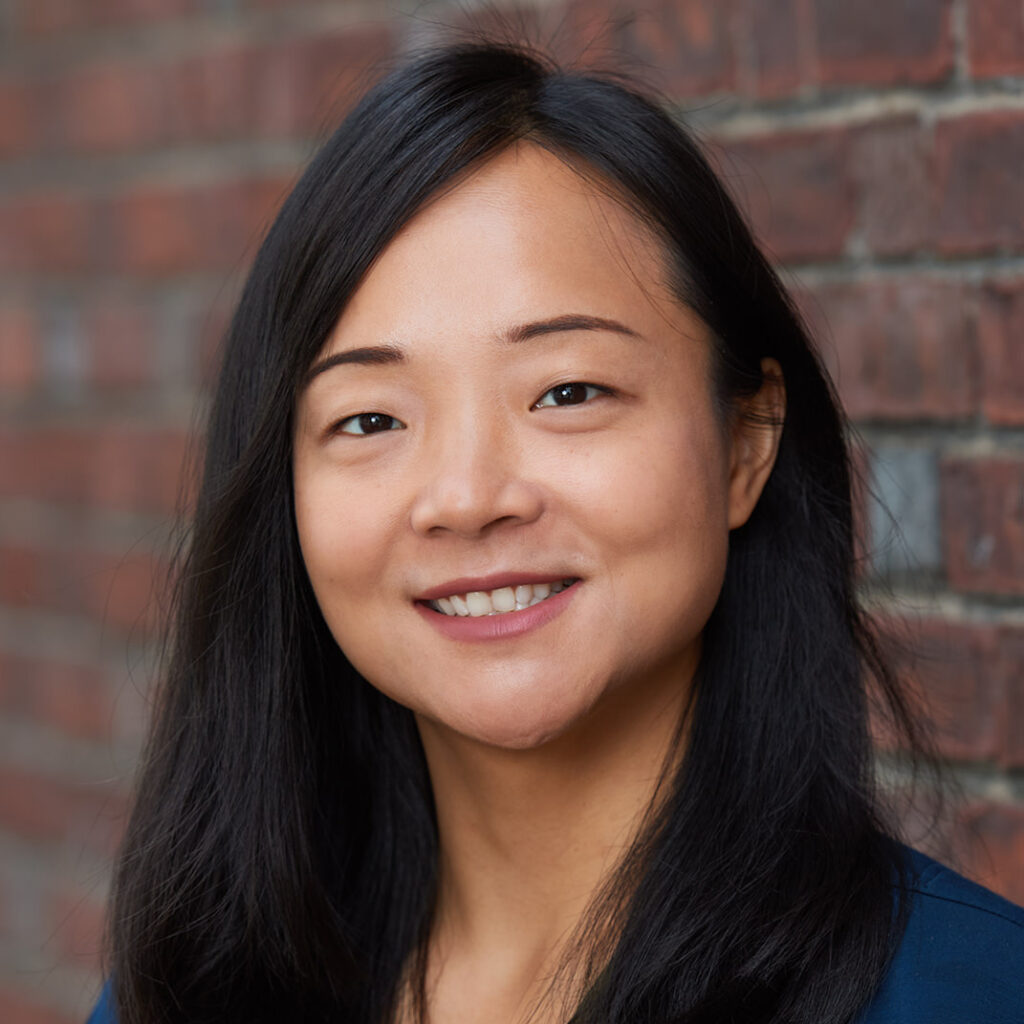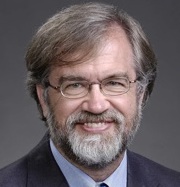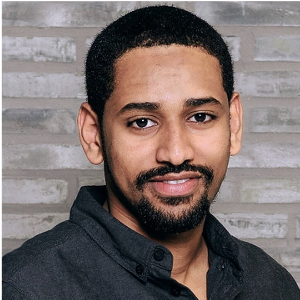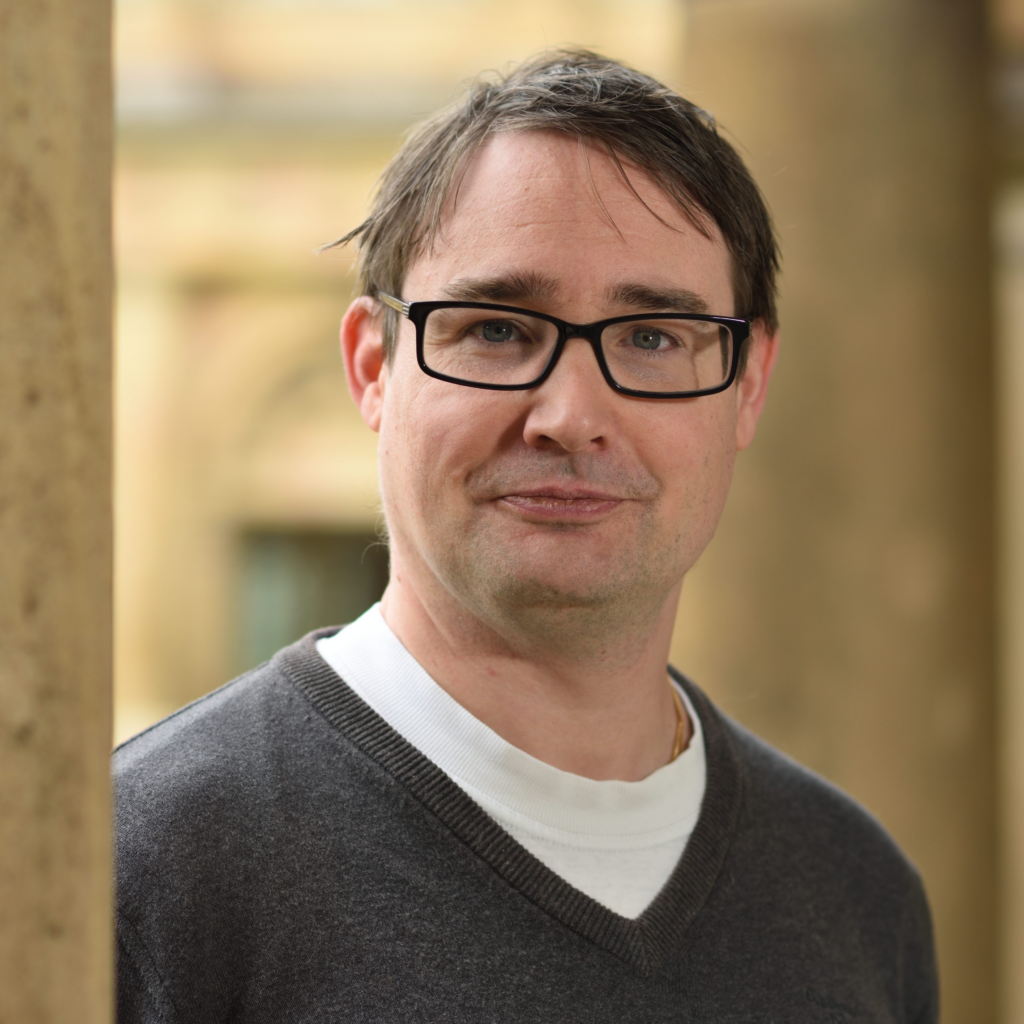Keynote Speaker

Q. Vera Liao is a Principal Researcher at Microsoft Research Montréal, where she is part of the FATE (Fairness, Accountability, Transparency, and Ethics in AI) group. Her current research interests are in human-AI interaction, explainable AI, and responsible AI. Prior to joining MSR, she worked at IBM Research and studied at the University of Illinois at Urbana-Champaign and Tsinghua University. Her research received multiple paper awards at ACM and AAAI venues. She currently serves as the Co-Editor-in-Chief for Springer HCI Book Series, on the Editorial Board of ACM Transactions on Interactive Intelligent Systems (TiiS), an Editor for CSCW, and an Area Chair for FAccT 2023.
Panelists

Benjamin Kuipers is a Professor of Computer Science and Engineering at the University of Michigan. He was previously an endowed Professor in Computer Sciences at the University of Texas at Austin, where he served as Department Chair. He received his B.A. from Swarthmore College, his Ph.D. from MIT, and he is a Fellow of AAAI, IEEE, and AAAS.
His research in artificial intelligence and robotics focuses on the representation, learning, and use of foundational domains of knowledge, including knowledge of space, dynamical change, objects, and actions. He is currently investigating ethics as a foundational domain of knowledge for robots and other AIs that may act as members of human society.

Christopher Brooks is an Assistant Professor at the University of Michigan and is applied Computer Scientist who builds and studies the effects of educational technologies in higher education and informal learning environments. Dr. Brooks has a particular domain focus on data science education and methodological interests in predictive modeling, learning analytics, and collaborative learning. He has published widely in the areas of educational technologies and human computer interaction, and has been awarded several best papers (LAK, AIED, CHI, CSCW) with collaborators. In the School of Information he directs the activities of the educational technology collective (etc), a group of postdoctoral scholars, graduate students, undergraduate students, and other collaborators. Dr. Brooks teaches in applied Data Science, in both the undergraduate and graduate levels, as well as on the Coursera massive open online learning platform.
Teachers

Alexandra Ion is an Assistant Professor at the Human-Computer Interaction Institute at Carnegie Mellon University’s School of Computer Science, where she directs the Interactive Structures lab. Her research and expertise lie at the intersection of human-computer interaction, computational fabrication and material engineering. Her work has been published in and awarded by premier venues, including ACM UIST and CHI.

Bereket A. YILMA is a Research Associate in the Computational Interaction (COIN) research group at the University of Luxembourg. He holds a PhD in Automatic, Signal and image processing and Computer engineering. His research focuses on different aspects of Human-Centered AI including Recommender Systems, Adaptive User Interfaces and Personalization in the context of Smart interactive environments (a.k.a. Cyber-Physical-Social Systems (CPSS)). He is also actively contributing to Brain-Computer Interfaces (BCI) research in the framework of project BANANA, Brainsourcing for Affective Attention Estimation.

David Lindlbauer is an Assistant Professor at the Human-Computer Interaction Institute at Carnegie Mellon University where he leads the Augmented Perception Lab. His research focuses on creating and studying enabling technologies and computational approaches for adaptive user interfaces to increase the usability of AR and VR interfaces, with applications in casual interaction, productivity, health and robotics. Prior to joining CMU, David received his PhD from TU Berlin, advised by Prof. Marc Alexa, and was a postdoctoral researcher at ETH Zurich. He has published more than 20 scientific papers at premier venues in Human-Computer Interaction such as ACM CHI and ACM UIST and was awarded the ETH Postdoctoral Fellowship in 2018.

Nikola Banovic is an Assistant Professor of Computer Science and Engineering at the University of Michigan. His research focuses on methods, applications, and ethics of Computational Modeling in Human-Computer Interaction (HCI). He specializes in creating and using computational modeling approaches to study people. He also has a keen interest in developing methods to explain the decisions of such models—and other Artificial Intelligence (AI)—to a broader audience of relevant stakeholders (e.g., domain experts, consumers) who are not math-savvy computer scientists. His explanation methods could aid in responsible creation and use of such computational technology (in particular methods for detecting and countering untrustworthy AI). Before joining the University of Michigan, Nikola received his Ph.D. from the Human-Computer Interaction Institute (HCII) at Carnegie Mellon University, and his B.Sc. and M.Sc. degrees from the University of Toronto.

Per Ola Kristensson is a Professor of Interactive Systems Engineering in the Department of Engineering at the University of Cambridge and a Fellow of Trinity College, Cambridge. He is a co-founder and co-director of the Centre for Human-Inspired Artificial Intelligence at the University of Cambridge. He is interested in designing intelligent interactive systems that enable people to be more creative, expressive and satisfied in their daily lives. He did his doctoral work at the Institute of Technology at Linköping University, Sweden and at IBM Almaden Research Center in San Jose, California, USA (Ph.D. Computer Science 2007). In 2013 he was recognised as an Innovator Under 35 (TR35) by MIT Technology Review and appointed a Member of the Royal Society of Edinburgh Young Academy of Scotland. In 2014 he won the ACM User Interface Software and Technology (UIST) Lasting Impact Award and the Royal Society of Edinburgh Early Career Prize in Physical Sciences, the Sir Thomas Makdougall Brisbane Medal. He is an Associate Editor of ACM Transactions on Computer-Human Interaction and ACM Transactions on Interactive Intelligent Systems and serves as a Technical Program Co-Chair for ACM CHI 2023, the premier international conference on human-computer interaction.

 MENU
MENU